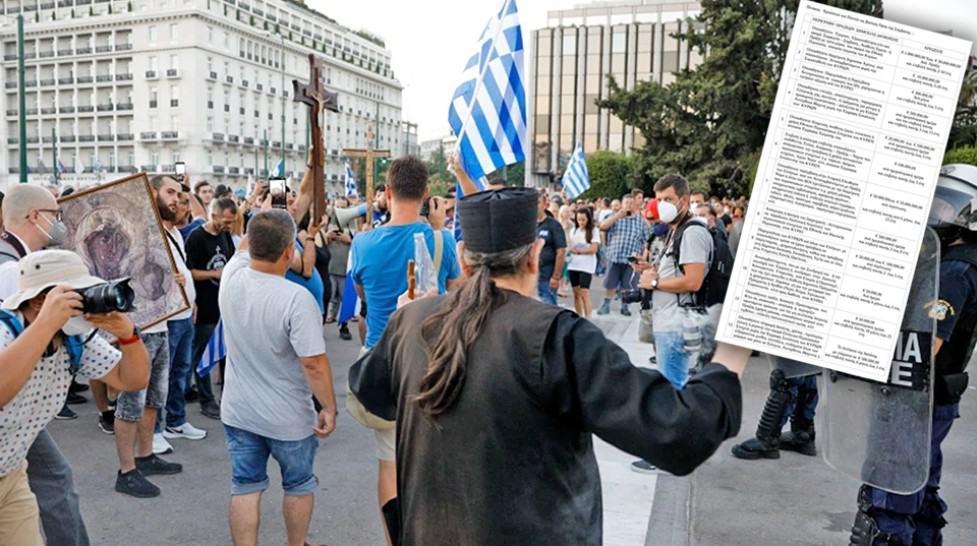Social networking platforms have become key channels of misinformation, spreading fake news and polarisation, something that was especially felt in the midst of the COVID-19 pandemic when vaccines were associated with all sorts of outrageous views (from pseudo-scientific to completely anti-scientific), as well as with various conspiracy theories.
A new European study, led by a Greek researcher on the Diaspora, has concluded that among social media, the one that shows the greatest resilience to conspiracy theories and irrationality is Twitter.
Researchers from 19 European universities, led by Professor of Digital Governance Giannis Theocharis of the Technical University of Munich, analysed data from 17 countries (16 in Europe, including Greece , as well as Israel), both before and during the pandemic.
They examined the role of various social media (Twitter, Facebook, YouTube, etc.) and applications such as WhatsApp, in terms of spreading conspiracy theories.
The study ranks Greece - along with Romania, Poland, Hungary and Israel - among countries where the "conspiracy index" is above the European average, as opposed to countries below the average (Austria, Denmark, Germany, the Netherlands, Norway, Sweden, Switzerland, the United Kingdom), while four are on average (Belgium, France, Italy and Spain).
In general, Eastern European countries are the most involved in conspiracy theories, the Scandinavian countries the least, while the Mediterranean countries are somewhere in the middle (with Greece being the most prone to conspiracy theories in Southern Europe).
Of the 17 countries surveyed on the basis of three conspiracy theories about COVID-19, in order to assess the extent to which these beliefs are prevalent in each country, Romania was by far the "champion" of conspiracy theories, Poland was second, Hungary third and Greece fourth along with Israel.
The main finding of the research was that Twitter has special features, such as being more focused on consuming news, so it faces increased social pressure regarding the content of its posts.
The researchers pointed out that not all platforms encourage conspiracy theories to the same degree.
On Twitter for example, content based on such theories can be quickly demystified or possibly 'choked' by better quality information or by large numbers of people willing to intervene to quickly correct misinformation.
In addition, according to the study, Twitter users combine an above-average educational level and a greater tendency to search for real news, compared to other platforms.
On the other hand, on Facebook or WhatsApp, where there are closer links between users, such as family or friends, users do not control to the same extent the moving information of dubious content, something that was felt in the case of COVID-19.
Although fake news has been circulating on the internet since its inception, the COVID-19 pandemic has been the trigger for an explosive increase, especially on social media, which is why the World Health Organization has used the term "infodemic" to describe this.
READ MORE: COVID-19 Anti-vaxxers in Cyprus bomb a school and burn another (PHOTOS)

